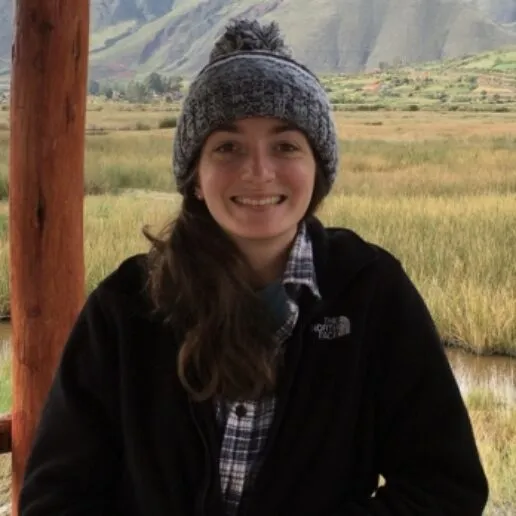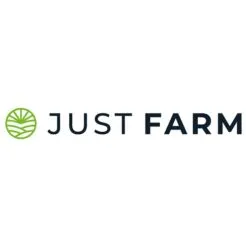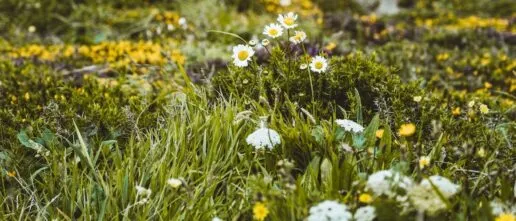Raphaella Mascia holds a dual role within the Leverhulme Center for Nature Recovery as both an environmental practitioner and a researcher. She is the monitoring and evaluation manager for the Evenlode Landscape Recovery project and an interdisciplinary environmental researcher, who connects other Leverhulme Center researchers with the Evenlode Landscape Recovery project. In her role as a Leverhulme Center for Nature Recovery researcher, she currently co-leads a project on utilizing available nature finance opportunities to maximize habitat connectivity in agricultural landscapes in the UK, across various scales. Raphaella also has supported Leverhulme Center research projects on farmer’s perception of nature recovery aesthetics in the Cotswolds and on aligning archeological preservation with BNG and nature finance markets guidelines. Her additional research interests encompass democratization, inclusivity, and access in nature valuation methodologies.
Related Research Themes

Systems
Developing a novel Analysis and Decision Platform to integrate nature recovery into land-use and infrastructure planning, and exploring scenarios that can deliver local, national and international commitments to nature, climate change and sustainable development.

Ecology
Testing the effectiveness of different ecological approaches for nature recovery to support biodiversity and the delivery of ecosystem services such as climate change mitigation and adaptation.
Related Projects

Evenlode Landscape Recovery
Lead by the North East Cotswold Farming Cluster and funded by DEFRA as apart of the Environmental Land Management schemes, the project aims to expedite the transition to a financially and environmentally sustainable farming system through nature recovery efforts.

Healthy Ecosystem Restoration in Oxfordshire
Developing the local Oxfordshire landscape as a case-study, nature-recovery laboratory and community of practice.
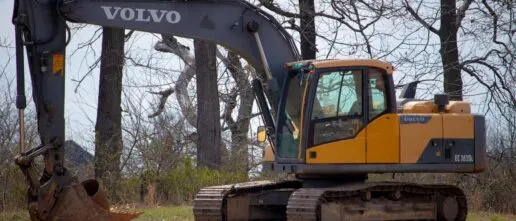
Coordinating Research Around Biodiversity Net Gain
At its heart, BNG frames a challenging question: in a world where new housing, workplaces and other land use needs are deemed essential; is it possible to provide this infrastructure without Nature bearing the brunt of the costs?
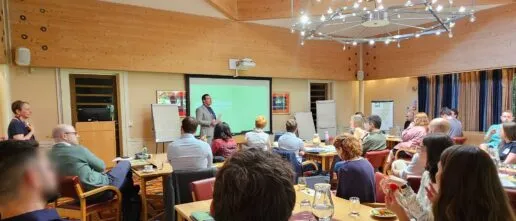
Blended finance for nature recovery
Rethinking investment in England’s natural environment
Related Outputs
A mixed methods approach to evaluate community (citizen) science as a tool to support nature’s benefits assessments in the UK: a systematic review and survey of community scientists
Developing methods for valuing nature aim to address biodiversity and environmental crises caused by nature’s undervaluation in decision-making. However, implementing methods to assess nature’s benefits is challenging for a myriad of reasons.
